Researchers at DOE’s Lawrence Berkeley National Laboratory (Berkeley Lab) have 3D printed an all-liquid device that can be repeatedly reconfigured on demand to serve a wide range of applications.
Last year, a study co-authored by Brett Helms, a staff scientist in Berkeley Lab’s materials sciences division and molecular foundry, and Thomas Russell, a visiting researcher from the University of Massachusetts, pioneered a new technique for printing various liquid structures – from droplets to swirling threads of liquid – within another liquid.
Scientists 3D print all-liquid lab-on-chip
“After that successful demonstration, a bunch of us got together to brainstorm on how we could use liquid printing to fabricate a functioning device,” said Helms. “Then it occurred to us: If we can print liquids in defined channels and flow contents through them without destroying them, then we could make useful fluidic devices for a wide range of applications, from new types of miniaturised chemical laboratories to even batteries and electronic devices.”
Click here to view original web page at www.medicalplasticsnews.com



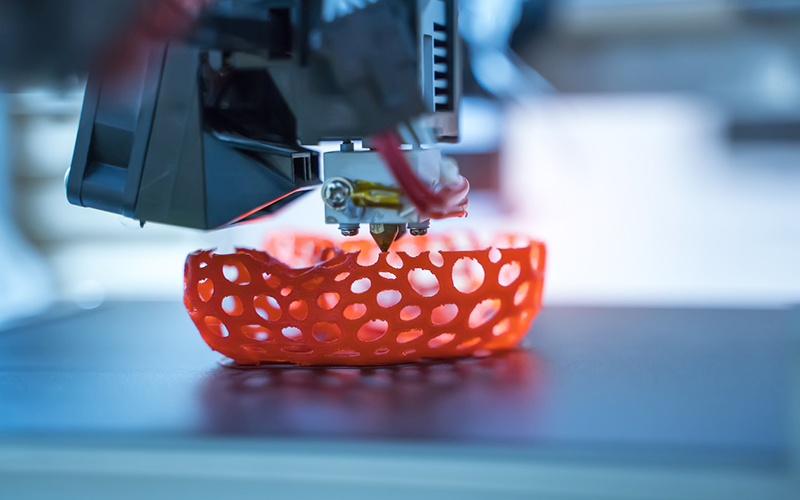

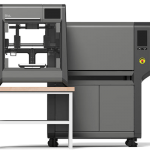
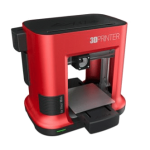
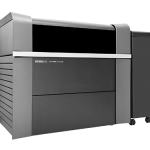
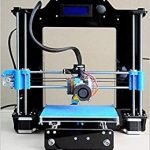
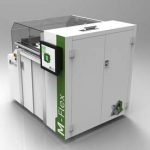
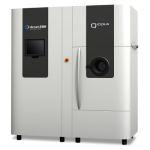
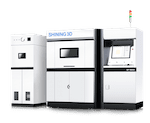
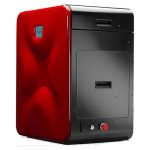
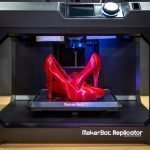
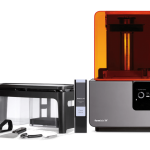

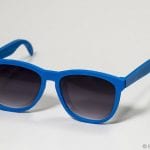
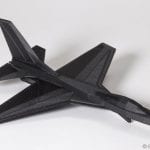
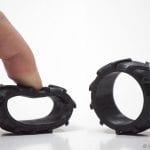
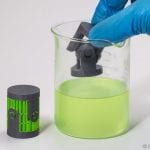
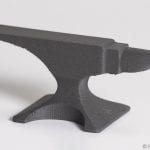
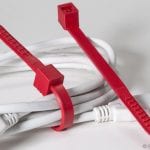
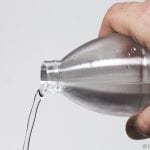
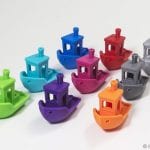
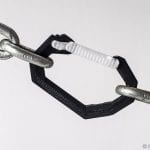
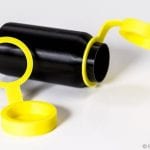
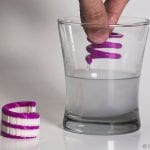



0 Comments